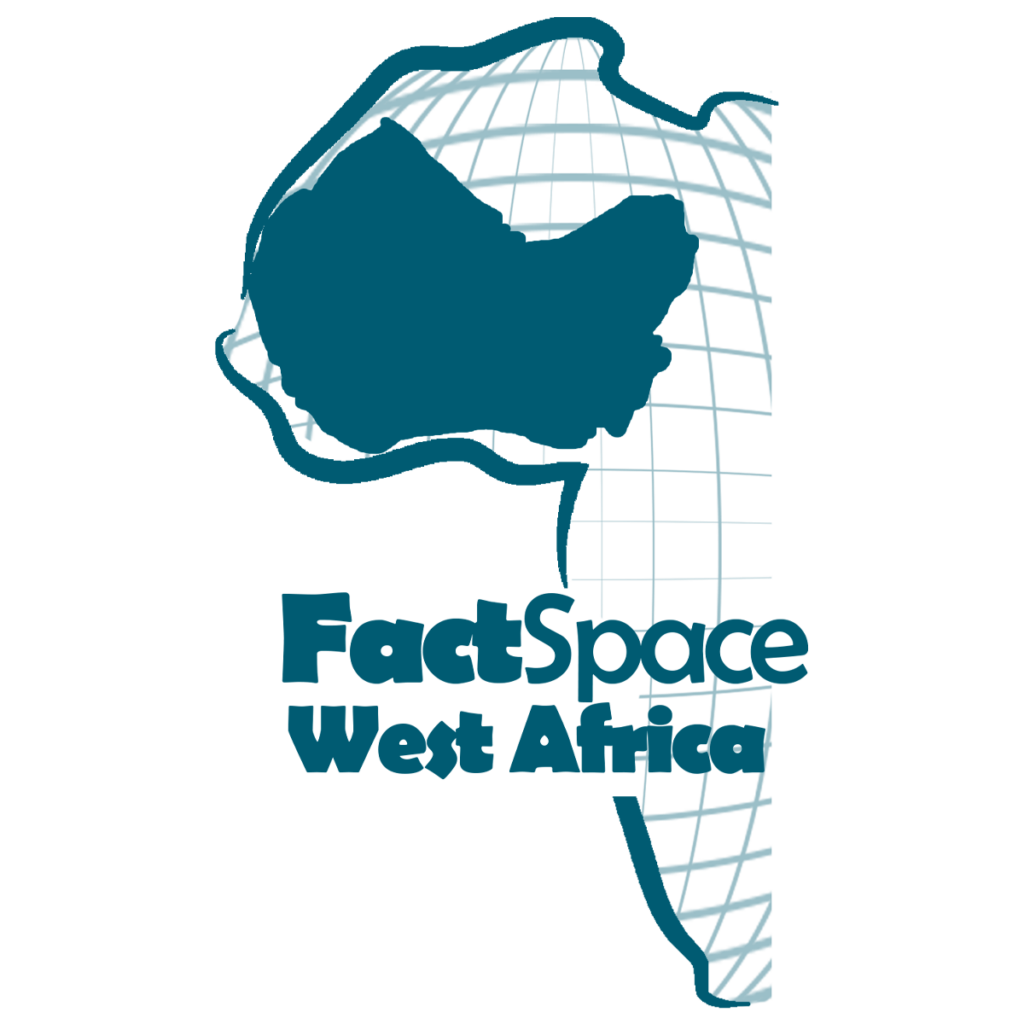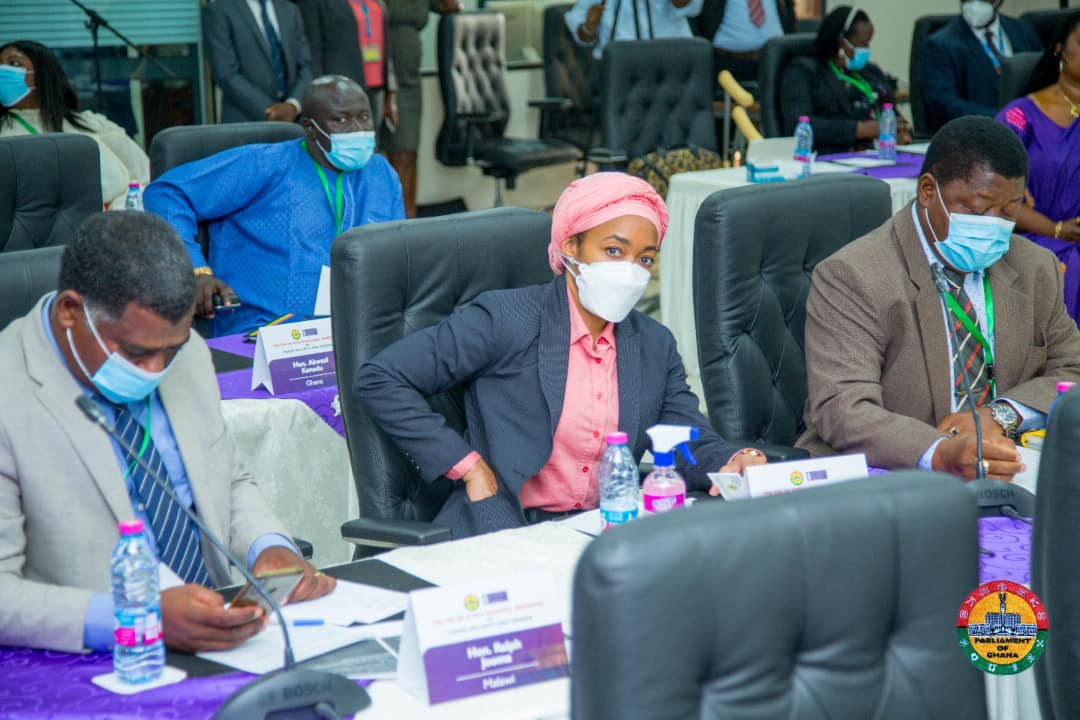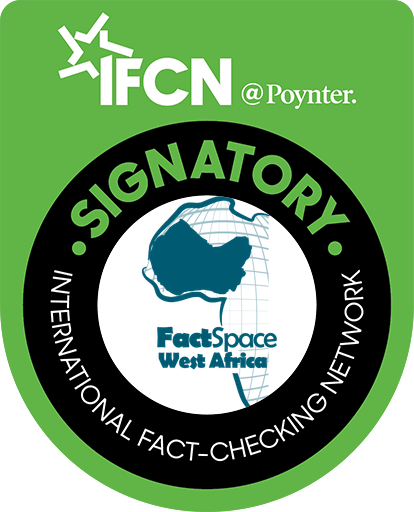The Parliament of Ghana and the Commonwealth Parliamentary Association (CPA) has invited FactSpace West Africa to participate in the Africa Regional Workshop on Trade, Security and Gender.
The three-day workshop will bring together parliamentarians from Africa and the United Kingdom, Ministers and Senior Diplomats in Ghana and experts from various fields.
As part of the activities of the workshop, there will be a Committee Inquiry Exercise where it will be assumed that a Parliamentary Committee in Ghana has decided to run an inquiry, to understand better the wide-ranging consequences of the covid-19 pandemic.
The Director of FactSpace West Africa, Rabiu Alhassan will be expected to serve as a witness during a session that will focus on “Responding to security risk of misinformation during a health emergency.”
During this exercise, the delegates/MPs would have the opportunity to ask witnesses on various gender, security and trade issues raised by the covid-19 in Ghana.
Context for mock committee inquiry
During all health emergencies, good public communication is essential – for example, proper communication of disease risks, public health measures and the most appropriate behaviours at the individual level.
The government of Ghana has used a range of communication channels during the covid-19 pandemic, including regular Presidential Addresses, Minister’s Press Briefings, a designated covid-19 Website, and Social and Traditional Media.
However, as in many other countries, Ghana has had to contend with wide-ranging covid- 19 misinformation and misconceptions, particularly on social media.
In response, GhanaFact, an independent fact-checking platform, has called for consistent political messaging, efforts to reach out to the population via offline outreach, work with community leaders and reliable information in local languages.
It identified social media companies as having particular responsibility for tackling false information in Africa.
Scenario for the panel
A recording posted on social media has gone ‘viral’ within Ghana, falsely claiming to be the voice of Ghana’s Health Minister, Kwaku Agyemang-Manu.
The video makes several untrue statements about the covid-19 pandemic – for instance, that herbal remedies can cure the disease and that public health restrictions are no longer in force.
Several complaints were made about this recording, including by the Government, but it took a long period for the company responsible, ‘BlueTube’, to remove it.
In the meantime, the recording was shared widely across closed messaging apps and other sites. Questions remain over BlueTube’s general policies and specific actions in this case.
There is also debate over how the government can best approach public health communication and respond to damaging misinformation.
By: FactSpace WA




